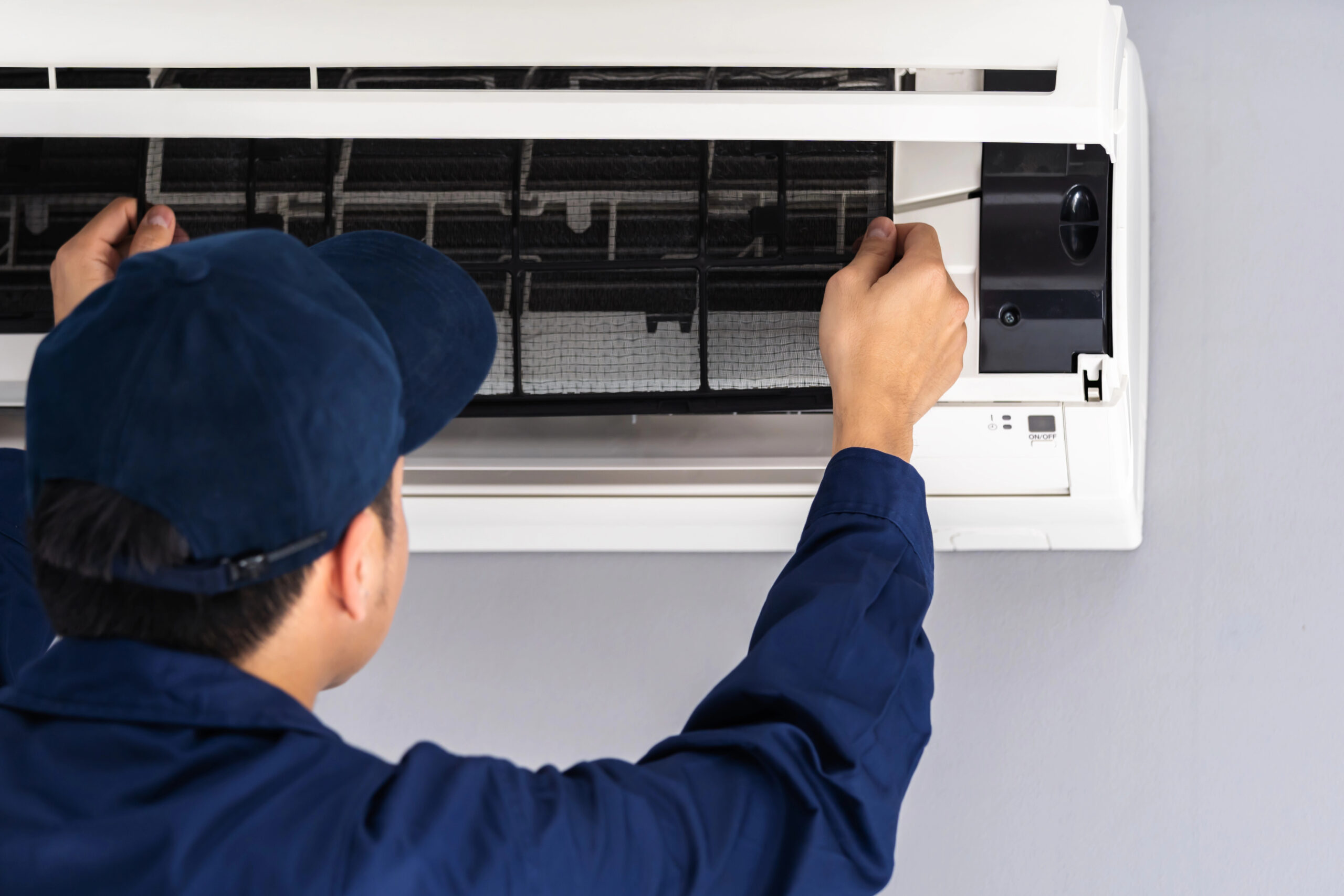A well-working HVAC system keeps your home comfortable and saves money on energy bills.
This guide shows how to spot problems, improve performance, and know when to call for help.
Why HVAC Efficiency Is Important
Heating and cooling use about half of the energy in most homes.
If your system isn’t working well, it uses more energy and can wear out faster.
Benefits of an efficient HVAC system:
- Lower energy bills
- More even heating and cooling
- Better air quality
- Longer system life
You don’t always need a new system—regular care can make a big difference.
Signs Your HVAC System Needs Repair
Look for these warning signs:
Uneven Heating or Cooling
Some rooms are too hot or too cold? This might mean a problem with airflow or the thermostat.
Strange Noises or Smells
Loud sounds or bad smells can mean broken parts or mold.
Turn off the system and call a technician.
High Energy Bills
Sudden increase in your bill? Your system might be using too much power due to a problem.
How to Keep Your HVAC System Running Well
Change Air Filters
Replace them every 1–3 months. Dirty filters make your system work harder.
Get Yearly Maintenance
Have a technician check your system once a year. This keeps everything working smoothly.
Seal Leaky Ducts
Leaky ducts waste air and money. Seal them with tape or hire a pro.
When to Upgrade Your HVAC System
If your system is over 10–15 years old, a new one could save money in the long run.
New systems use less energy and work better.
Look for:
- ENERGY STAR® labels
- SEER rating of 16 or more
- Smart thermostat compatibility
Though upgrades cost more at first, they pay off through energy savings.
When to Call a Professional
Call a pro if you notice:
- Weak airflow
- No heat or AC
- Ice on parts
- Burning smells
- Constant on/off cycling
A trained technician can fix the issue or guide you on a new system.
Final Tips
Take care of your HVAC system to stay comfortable and save money.
Next steps:
- Change filters
- Get regular check-ups
- Seal any air leaks
- Consider upgrading if your system is old



